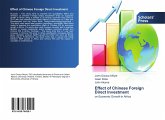
Broschiertes Buch
on Economic Growth in Africa
6. September 2017
Scholar's Press

7,49 €
inkl. MwSt. und vom Verlag festgesetzt.
Sofort per Download lieferbar
eBook, ePUB
7. Oktober 2024
John Akumabor
27,99 €
Versandfertig in 1-2 Wochen
15,99 €
inkl. MwSt. und vom Verlag festgesetzt.
Sofort per Download lieferbar
Ähnliche Artikel

Gebundenes Buch
The Law and Economics of International Investment Agreements
28. November 2012
Taylor & Francis
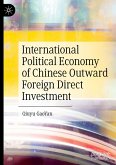
Gebundenes Buch
20. Dezember 2024
Palgrave Macmillan / Springer Nature Singapore / Springer, Berlin
978-981-97-4999-7
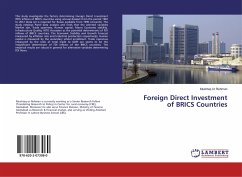
24,99 €
Versandfertig in 6-10 Tagen
Broschiertes Buch
14. November 2017
LAP Lambert Academic Publishing
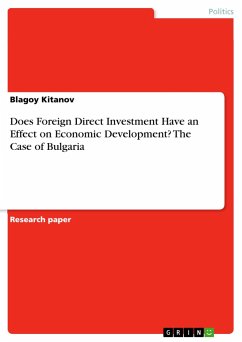
Broschiertes Buch
3. Aufl.
14. September 2010
GRIN Verlag

Broschiertes Buch
Key Drivers And Changes Needed
2012
LAP Lambert Academic Publishing
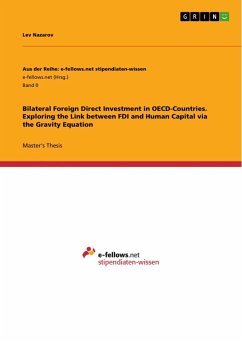
Broschiertes Buch
1. Auflage
12. März 2023
GRIN Verlag
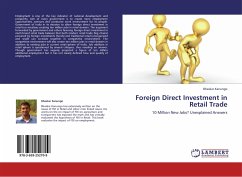
Broschiertes Buch
10 Million New Jobs? Unexplained Answers
21. September 2012
LAP Lambert Academic Publishing
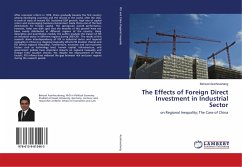
Broschiertes Buch
on Regional Inequality; The Case of China
3. Mai 2018
LAP Lambert Academic Publishing
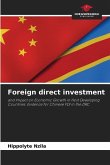
Broschiertes Buch
and Impact on Economic Growth in Host Developing Countries: Evidence for Chinese FDI in the DRC
23. Oktober 2022
Our Knowledge Publishing

Broschiertes Buch
31. Mai 2013
LAP Lambert Academic Publishing
Ähnlichkeitssuche: Fact®Finder von OMIKRON
